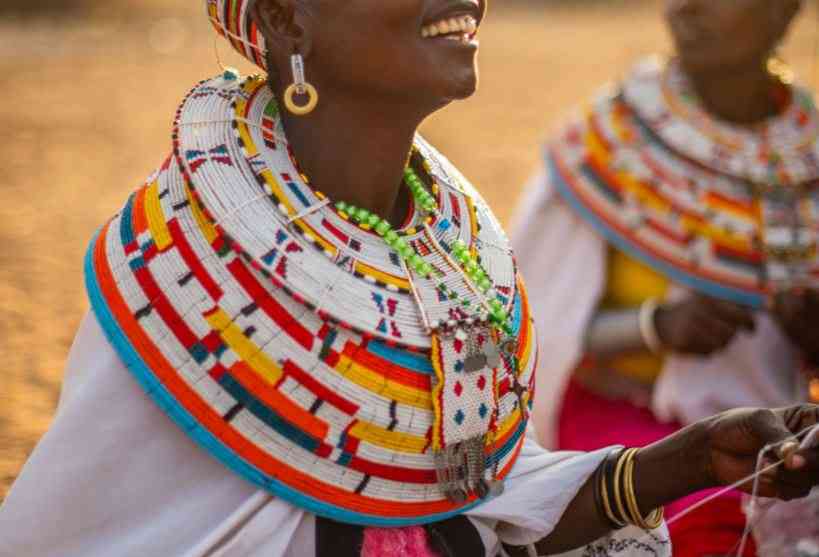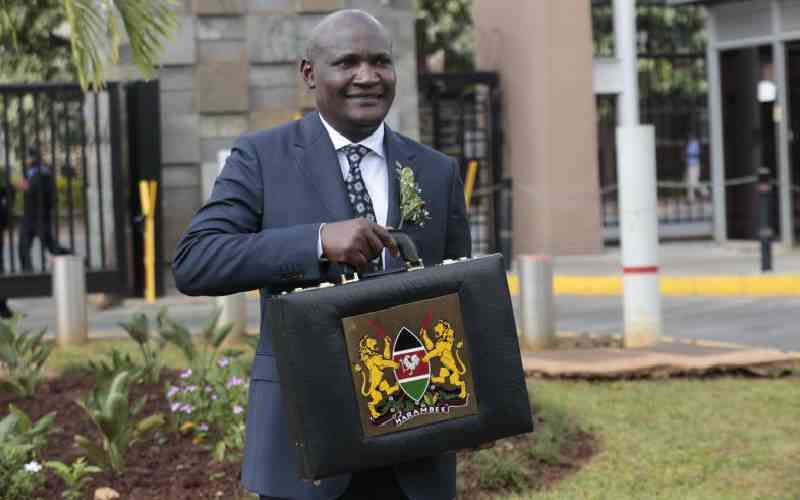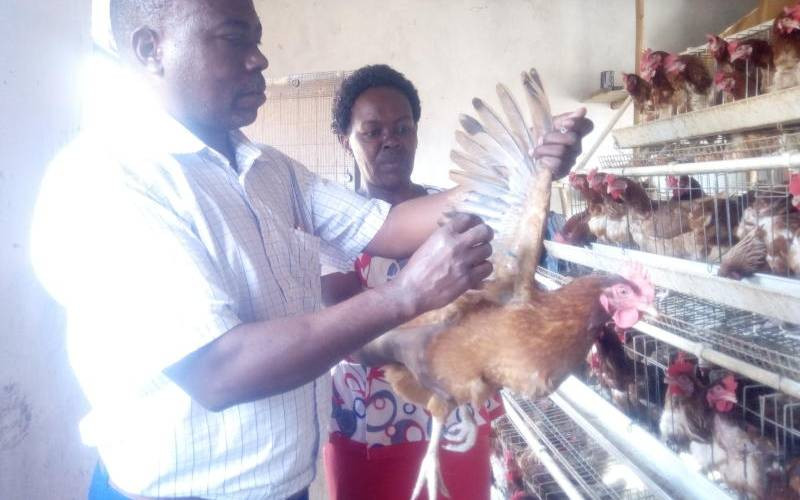
Not long ago, women in several pastoralist counties were totally dependent on the men for everything—food, clothes, and shelter.
The men, mostly herders, broke their backs looking for food and to meet other family needs, while women remained at home looking for water and taking care of the children.
Not anymore. Women in pastoralist tribes of Isiolo, Samburu, Marsabit, and Laikipia counties have embraced entrepreneurship. Some are earning millions of shillings through beads.
For them, the art of making beads is not for prestige or culture. It is a business pulling their families out of poverty, reducing early marriages and Female Genital Mutilation (FGM).
The women in nine tribes in the four counties are now making millions annually and sharing the income to support their families and conservation efforts in their communities.
Under the auspices of BeadWORKS, a project spearheaded by MashinaniWORKS—a partner of Northern Rangelands Trust—the women have transformed their traditional beading skills into high-quality and globally marketable products, which have earned them millions annually.
On Tuesday, 103 star bead makers on behalf of the 1,200 women in the projects were awarded for their high-quality bead items, which are sold locally and in foreign countries.
The women also received Sh4.6 million, out of which they dedicated Sh3.5million towards supporting conservation efforts and community development projects, which include bursaries for the most needy school children.
The women are active members of nine community conservancies supported by Northern Rangelands Trust (NRT) in the four counties: Kalama, Sera, Melako, II Ngwesi, Naibunga Lower, Naibunga Central, Lekurruki, Leparua, and Westgate.
One of the star bead workers, Ngaspat Hariolo, said that, unlike in the past, where she wholly depended on her husband to feed their children, pay fees, and meet other needs, she has been able to contribute to sustaining the family from her bead income.
“I relied on my husband for everything, and when he was not around and I had to feed the children, I did menial jobs, including washing clothes for people and harvesting sand. But from bead-making I have been able to pay part of the fees, and I have even built a stone house,” she said.
The women receive their money every Friday, and they said it has supported their families and eased the pressure on their husbands, many of them herders who have to take their livestock far in search of pasture and water.
Pamela Murijo, a star beader who acts as the leader of nine bead makers at Ngarendare, said the women used to make beads as mere decoration before they embraced it as a business after trainings conducted by MashinaniWORKS.
“We came together as women and started to make beads as a business. Every Friday the star beader, who is the head of the group, receives mobile money on behalf of other members, who in turn share it,” said Ms Murijo.
Stay informed. Subscribe to our newsletter
She said they receive the beads at no cost from NRT.
“We get all the materials needed to make the bead items, needles, strings, and others. From our earnings we contribute five percent to our respective community conservancies. This benefits members of the community who are not part of the beads groups and is used for education, water, and other community projects,” she said.
MashinaniWORKS CEO Vishal Shah said the project is meant to support families and promote conservation.
“BeadWORKS looks for customers around the world. We have customers from the US and Europe, and from every sale, five percent is retained in a fund that the women present to their respective conservancies,” said Mr. Shah.
He said, “BeadWORKS has 1,200 women who are in the network of producers in nine conservancies. Last year we had approximately Sh30m of sales of beaded products. It is something that contributes a lot to the local economy and empowers women.”







